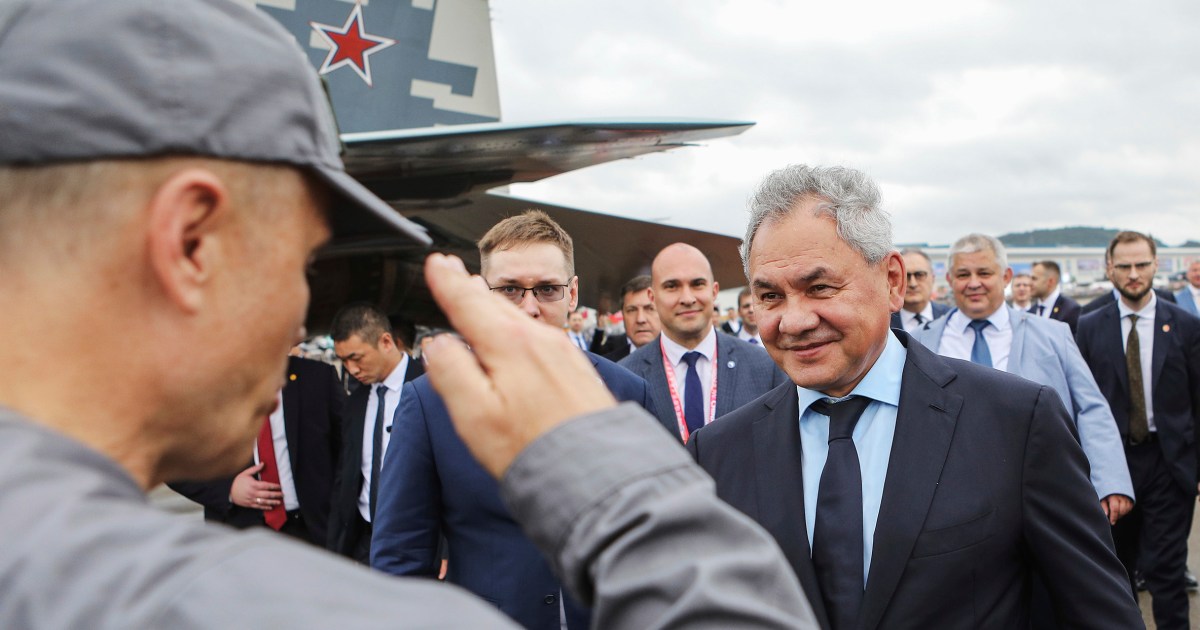


COMAC did not disclose the number of C929s that flag carrier Air China would purchase or planned delivery dates. It did say Hainan Airlines had placed a firm order for 60 C919 narrowbody jets and 40 C909s.
Colorful Guizhou Airlines has also signed a purchase agreement for 30 C909 planes, 20 of which were firm and the remainder provisional, it said.
State-controlled aerospace company AVIC unveiled a model of one the more unusual offerings: a spaceplane to carry cargo to China’s space station.
Among foreign participants, Airbus at the show said Chinese certification of its A330neo jet was going smoothly and that the first delivery of the widebody model in the country could come in 2025.
The planemaker’s China CEO George Xu said Airbus was “very much pro-free trade” when asked by reporters about any market impact of a dispute between the European Union and China over electric vehicles and the prospect of a transatlantic spat after Donald Trump won the U.S. presidential election with a pledge to impose widespread tariffs.
Brazil’s Embraer said it saw a role for China in its business as it worked to strengthen its supply chain.
Embraer is the world’s third-largest plane maker and focuses on up to 150-seat single-aisle regional and executive aircraft, slightly smaller than Airbus’ and Boeing’s best-selling A320 and 737 families and rivalling the Airbus A220.
At Zhuhai, its chief commercial officer, Martyn Holmes, noted that China’s President Xi Jinping would visit Brazil for the G20 summit that will be held in that country this month.
“I think it’s an exciting moment for us to be having that (supply chain) conversation with Chinese suppliers and looking how we evolve,” Holmes said.
China is Brazil’s biggest trade partner. Brazilian President Luiz Inacio Lula da Silva earlier this year said he wanted to discuss a “long-term strategic partnership” with China.